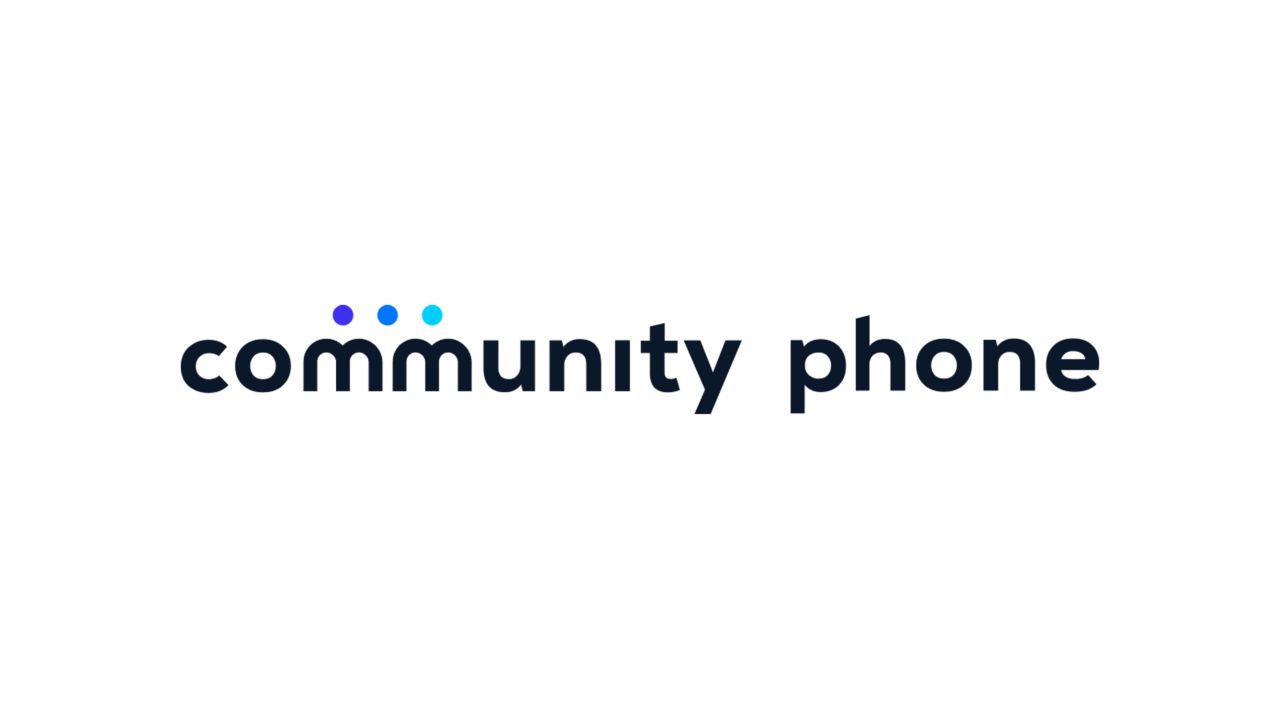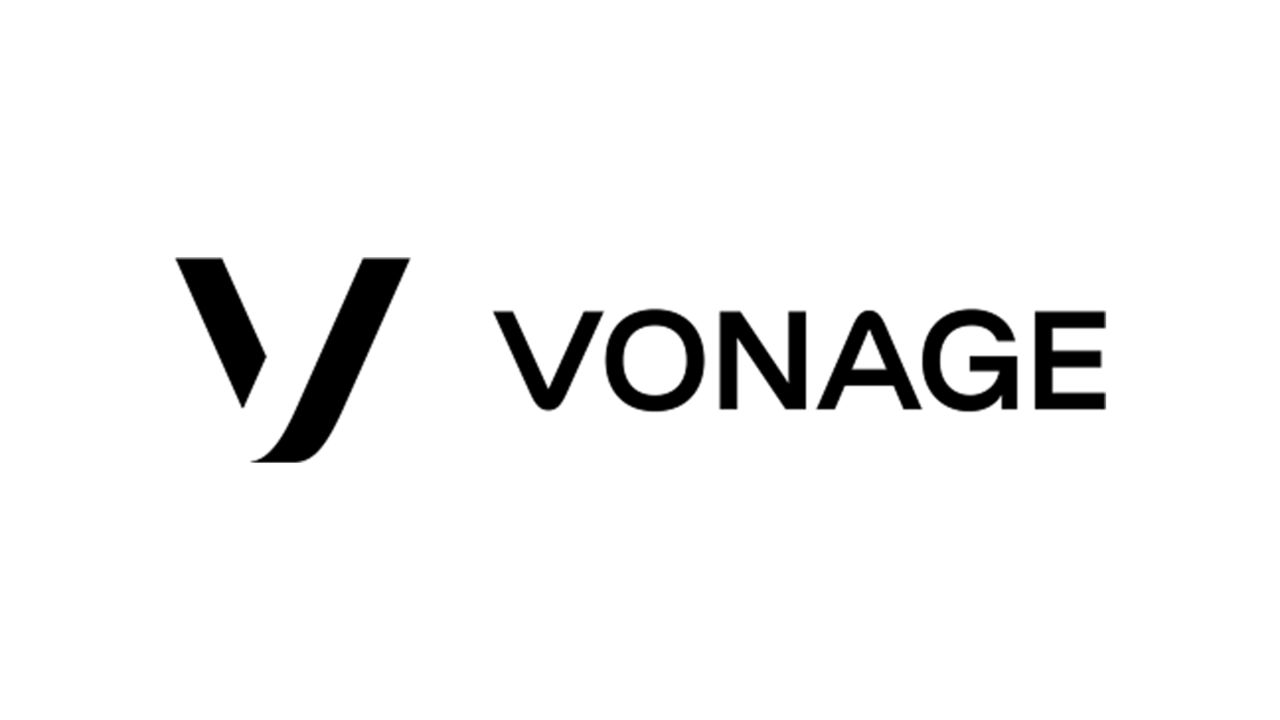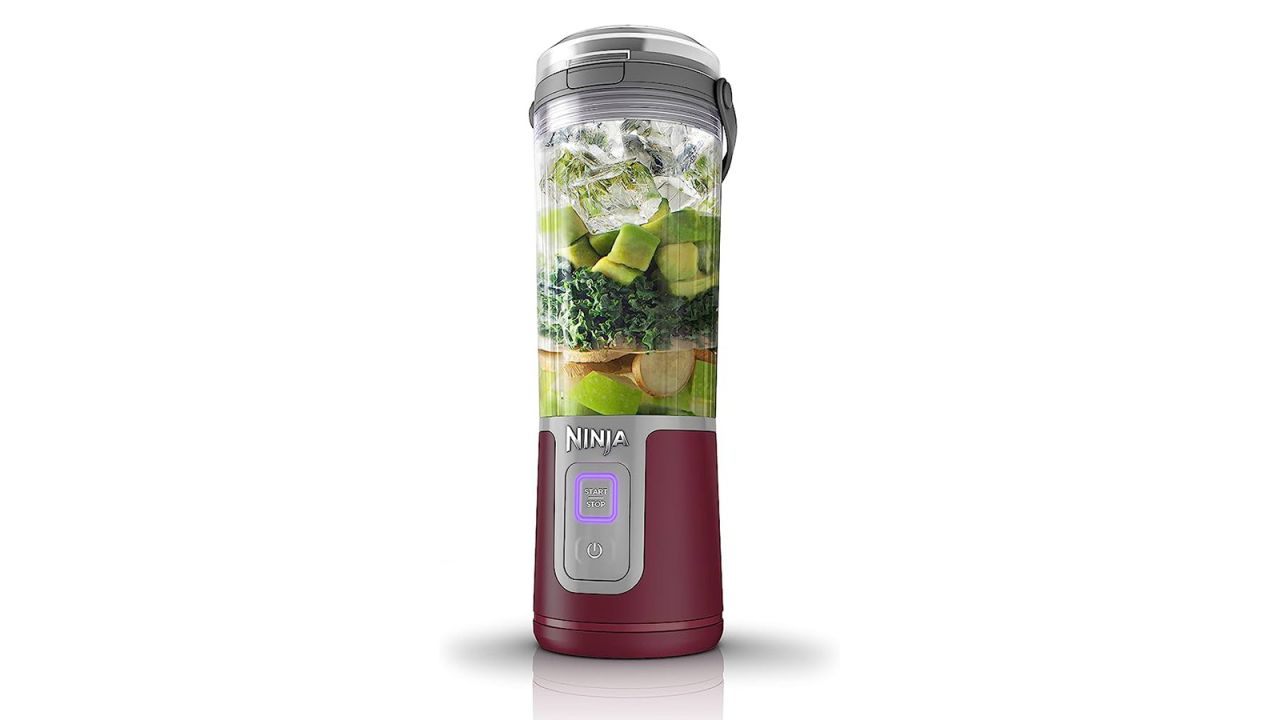You may think that landline phone service is a thing of the past because we rely so heavily on mobile phones. However, there are numerous advantages to owning a landline phone.
If you’re searching for the best landline phone service, consider calling features, coverage and pricing for long-distance and international calls, equipment fees and whether to opt for a stand-alone home phone plan or bundle it with other services like internet or TV. This comprehensive guide delves into the pros and cons of the five best landline phone service providers, helping you choose the best option for your household or business.
Our picks
Cox: Best landline phone service
CenturyLink: Best for seniors?
Frontier Communications: Best for flexibility?
Community Phone: Best for stand-alone landline?
Vonage: Best for affordability
Cox: Best for landline phone service

Star rating: 5 out of 5?
Prices: $20 per month?
Availability: 19 states
International calls: Yes
Why we picked Cox
Cox offers reliable, affordable, no-contract landline phone service. Its Voice Preferred plan, priced at $20 monthly, includes 14+ calling features and unlimited calls. For added convenience, you can supplement the plan with extra features like international calling for $2.99 monthly.
Who should use Cox
If Cox’s service is available in your area, it could be a great stand-alone choice for personal and business needs. Cox’s unlimited calling feature offers a budget-friendly option if you or your business frequently make frequent long-distance calls.
Pros
- Unlimited calls
- No equipment fee
- Robocall blocking
Cons
- Limited availability
- $100 installation fee
- No call routing
CenturyLink: Best for seniors

Star rating: 4.7 out of 5
Prices: $30 - $50 per month??
Availability: 36 states
International calls: Yes?
Why we picked CenturyLink
CenturyLink’s stand-alone landline plan is priced at $50 per month, slightly higher than other options. However, when bundled with its fiber internet plan, rates drop to $30 per month for the basic plan and $40 per month for the professional plan. CenturyLink stands out for seniors because of its unlimited long-distance calling at no extra cost, a feature not commonly offered by other providers. While there are no senior-specific discounts, CenturyLink participates in Lifeline, a federal assistance program for income-qualified customers for phone or internet service.
Who should use CenturyLink
If CenturyLink is available in your area and you’re looking for a reliable, clear connection for long-distance calls, this provider might be the right fit. CenturyLink offers user-friendly features such as Caller ID, Call Waiting and Voicemail that are easy to use, even for those who aren’t tech-savvy. This makes it an excellent fit for older customers, particularly when combined with its discount programs.
However, CenturyLink is more expensive than most other providers and has less-than-ideal customer service. When I called CenturyLink to ask questions, the customer service representative immediately directed me to its online forms. So, instead of getting the answers to my questions, I was stuck waiting for an online response that took several days.
Pros
- Basic local and unlimited long-distance plans
- 10 calling features
- No contract required
Cons
- The stand-alone landline plan ($50 per month) is more expensive than other plans on the market
- Equipment and installation fees for some plans
- Below-average customer satisfaction ratings
Frontier Communications: Best for flexibility

Star rating: 4.6 out of 5?
Prices: $25 - $43 per month
Availability: 29 states?
International calls: Yes
Why we picked Frontier Communications
Frontier stands out for one of the cheapest landline base prices, starting at $25 per month. While navigating Frontier’s website for pricing and plan details may be confusing, once you enter your address, you can select the right plan for your needs and customize it as necessary. Moreover, bundling additional services such as TV or internet allows you to save on the monthly bill.
Who should use Frontier Communications
Frontier is a great choice for a comprehensive communications package that includes landline phone service, TV and internet. Frontier’s use of fiber-optic cables, which are less susceptible to weather interference than radio waves, ensures clear calls even during inclement weather. Frontier also offers alarm system set-up with features like remote monitoring and notifications, benefitting elderly or vulnerable individuals seeking added security and peace of mind.
Pros
- Plenty of bundling options with discounts for adding services
- No contract required for a stand-alone landline (contract required if bundled with internet)
- Robocall blocking
Cons
- Stand-alone phone plans available in limited areas
- Finding pricing and plan details is tricky unless you enter your address
- One-time $35 activation fee for stand-alone landline (no activation fee if bundled with internet)
Community Phone: Best for stand-alone landline

Star rating: 4.5 out of 5?
Prices: $39.99 - $49.99 per month
Availability: 50 states
International calls: Yes
Why we picked Community Phone
Despite being a startup founded in 2018, Community Phone has rapidly gained popularity among businesses and households seeking a stand-alone landline service without internet. Available in every state, Community Phone utilizes a landline base that connects to nearby cell towers, ensuring accessibility even in rural areas. However, it’s worth noting that Community Phone does not support medical alerts or home security systems.
Who should use Community Phone
Community Phone is ideal for individuals or businesses seeking a landline service without internet connectivity. With reputable customers such as Dunkin Donuts, Starbucks and 7-Eleven, Community Phone appears to be a favorable option for businesses seeking reliable phone service.
Pros
- Does not require internet connection
- Uses a backup battery if the power goes out
- No contracts
Cons
- Equipment costs $99
- Robocall blocking not available for the standard plan
- Does not work with medical alerts or home security systems.
Vonage: Best for affordability

Star rating: 4.5 out of 5?
Prices: $9.99 - $14.99 per month
Availability: 50 states?
International calls: Yes
Why we picked Vonage
No other provider can beat Vonage’s pricing. Its domestic plan is only $9.99 per month and includes unlimited calls to the United States (including Puerto Rico), Canada and Mexico, a feature many providers don’t offer. Its international plan is $14.99 per month and offers unlimited international calling to over 60 countries. The key difference between Vonage and other providers is that Vonage works over the internet. The Vonage Extensions app lets you make or receive home phone calls on up to three smartphones.
Who should use Vonage
Since Vonage does not have an internet service, if you have an existing high-speed internet connection and want an affordable phone connection, Vonage might be the right choice. If you have family or friends who live abroad, you can’t beat the price of its domestic and international plans.
Pros
- No contract
- Unlimited calls to the U.S., Canada, Puerto Rico and Mexico (and international calls with the plan)
- Shipping of equipment and activation included
Cons
- No call routing
- Not functional during power/internet outage
- Only compatible with some medical alert or home security systems.
Our picks at a glance
|
Our rating (out of 5 stars)
|
Plan price range
|
Availability
|
|
|---|---|---|---|
| Cox | 5 |
$20/month |
19 states |
| CenturyLink | 4.7 |
$30 - $50/month |
36 states |
| Frontier Communications | 4.6 |
$25 - $43/month |
29 states |
| Community Phone | 4.5 |
$39.99 - $49.99/month |
50 states |
| Vonage | 4.5 |
$9.99 - $14.99/month |
50 states |
What didn’t make the cut
Below are some well-known providers we evaluated that didn’t make our list of top landline phone service providers.
- AT&T: This well-established company uses traditional phone cords to transmit your voice across the country. It operates in all states, yet its landline phone service isn’t available on a stand-alone basis and must be bundled with internet or TV. Its basic plan is pricier than other providers, starting at $48 monthly.
- Spectrum: Spectrum, one of the largest cable TV providers in the United States, serves 41 states. Like AT&T, it does not offer phone service as a stand-alone option; instead, it must be bundled with internet or TV. Bundling Spectrum Voice results in a minimum monthly payment of $69.98, which is considerably more expensive than other providers.
How to choose a landline phone service
Finding landline service may require patience as you navigate the numerous packages providers offer. When choosing the right landline provider, you must consider various factors, such as what’s available in your area, features, equipment fees and whether a contract is necessary.
- Bundling: Many providers don’t offer stand-alone landline phone service and may require you to bundle your landline with internet or TV. Depending on what’s available in your area, look for a provider offering bundling deals to save on your monthly bill.
- Call quality: Each landline provider boasts about its call quality. Unlike cell phones, which can be affected by weak signals, landlines offer consistently clear calls. Evaluating the call quality between different landline providers is tough, but some companies offer a 30-day money-back guarantee so you can test the service before signing up for the plan.
- Contract: Some companies require contracts, while others don’t. While we recommend choosing a provider that does not require a contract so that you can switch if there are any issues along the way, sometimes a contract can lock in at a great rate.
- Equipment fees: Some providers don’t charge extra for equipment as it’s included in the monthly bill. Others may require you to rent or purchase their equipment. We recommend opting for a provider with no equipment fees if it is an option.
- Features: We recommend choosing a provider that can block robocalls, as landlines often receive a significant volume. Additionally, some providers are integrated with medical alerts and home security systems, which can be a lifesaver for elderly or vulnerable individuals should they need emergency assistance.
Why a landline is still important
While landlines may seem outdated in an era dominated by cell phones, they offer numerous benefits. Security is a key benefit, as landlines are more secure than mobile phones, which are susceptible to hacking, malware and breaches. With landline phone service, your address, including your specific apartment number, is automatically available to 911 emergency services, meaning you will receive faster and more accurate responses.
Additionally, a landline phone can be a lifesaver in rural areas or during emergencies, such as tornadoes, when power and internet outages are common. With dedicated power sources, landlines usually remain operational during outages, which is indispensable for emergency services, business or healthcare workers.
Here are some additional advantages of having a landline:
Bundled savings
Internet providers often offer discounts on bundled services, combining internet, landline phone and TV, which can be more cost-effective than stand-alone plans. Sharing one home phone line is also cheaper than maintaining multiple cell phone lines for each household member. Providers like Vonage offer the flexibility to use your home phone plan on your mobile phone, enabling you to make and receive calls on smartphones.
Home security
A home security system is a network of interconnected devices that protect a household from unauthorized access, theft, vandalism and other emergencies. While home security systems have advanced and many no longer require a landline connection, some still rely on it. Opting for a landline-connected security system can be beneficial during power outages, ensuring a clear connection. In addition, landline phones are more secure than mobile phones, which are prone to hacking, malware and breaches.
International calling
If you need to make several weekly international calls for business or family, a landline with unlimited international calls could save you money compared to a mobile plan. Some landline plans also allow you to pick the country you call the most for unlimited calls.
Medical alert systems
Many medical alert systems require a landline because a landline won’t lose power during an outage. These systems provide a lifeline for individuals, especially seniors or those with medical conditions, enabling them to call for help swiftly in an emergency. Connected to the landline phone service, medical alert systems allow users to summon assistance with the press of a button.
How much does a landline cost?
The cost of a landline phone service can vary based on factors such as the provider, location, included features and bundling with other services like internet or TV. Typically, stand-alone landline services range from $5 to $30 per month, but these rates often apply when bundled with internet and television.
Various discounts are available for landline services, including the Lifeline program by the FCC, which offers discounts of up to $9.25 per month for qualifying low-income consumers. AT&T provides a senior discount for individuals aged 55 and over who qualify.
Types of landline phone services
There are three types of landline phone services.
Traditional landline
Traditional landline phone service uses copper wires to transmit voice signals. It’s the most common landline service type offered by traditional telecommunications companies, such as AT&T and Verizon. A traditional landline is best suited for rural areas with limited cellular coverage. It’s also great for seniors or individuals with medical conditions who may rely on landline phones for medical alert systems.
VoIP
Voice over Internet Protocol (VoIP) landline service uses the internet to transmit voice signals instead of traditional copper wires. It uses a device called an ATA (Analog Telephone Adapter) to route your calls through your internet modem to your home phone. This allows for additional features such as having Universal Caller ID displayed across your TVs, smartphones and other devices.
PBX
PBX stands for Private Branch Exchange. It is a private telephone network used within an organization or business. A PBX system performs tasks similar to old-fashioned telephone operators, who once spoke with each caller to learn who they were trying to reach and manually plugged wires into connectors to complete calls. The modern system is automated and fast. It offers advanced features such as call waiting, auto-attendants, music/message-on-hold functions and voicemail.
Features to look for in a landline phone service
Landline phone services offer many features. Here are some to look for.
Call blocking, forwarding and waiting
Call blocking allows you to prevent specific phone numbers and callers from reaching you, filtering out unwanted calls. Meanwhile, call forwarding redirects incoming calls to another number so you never miss an important call. Call waiting notifies you of an incoming call with a special tone while you’re on another call, enabling you to switch between them or place one on hold.
Caller ID
Caller identification lets you see the name and number of an incoming call before you pick it up. This way, you can screen and avoid answering unwanted or unknown calls.
Do not disturb
The “do not disturb” feature allows you to silence incoming calls temporarily. Typically, calls will go directly to voicemail or receive a busy signal.
Three-way calling
You can have a three-way call by adding a third party to your conversation. This feature is commonly used for group discussions or business meetings.
Speed dialing
Speed dialing allows you to assign a specific phone number to a single-digit or two-digit code so you can call friends, family or colleagues fast without manually typing in their phone numbers.
Voicemail
When you’re unavailable, a caller can leave you a recorded message on voicemail, which you can listen to later.
















